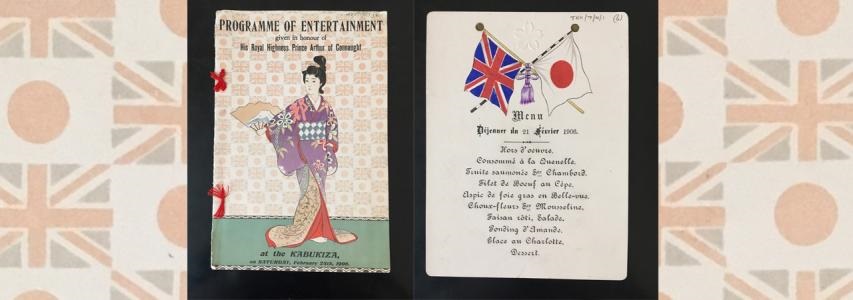ONLINE LECTURE - British Engagement with Japan, 1854-1922 - with Antony Best
- 18 January 2021
- 6.45pm
- Online
- https://www.japansociety.org.uk/event?event=180&eventcat=5
- - - -
- events@japansociety.org.uk
- Tweet
This talk, which draws on the findings in my recent book, is designed to provide an overview of the trajectory of Britain’s relations with Japan since their modern opening in 1854 until the end of the alliance in 1922. In particular, it seeks to explain why in 1902 it proved possible for the British government to sign an alliance with Japan. On the surface, this might appear obvious in that realpolitik considerations drove the two countries together to resist Russian expansion in North-East Asia. However, if one considers that this pact was concluded during an era when some in the West were attracted by ‘Yellow Peril’ thinking, it is important to understand why the British government felt that it could have faith in Japan as an ally and why it believed that an alliance that traversed the colour-line would be acceptable to the British public.
The talk will, accordingly, seek to explain how British thinking towards Japan during the late nineteenth century moved through a distinct number of phases, beginning with ‘interest’, moving on to ‘respect’ which was then followed by ‘admiration’, and eventually culminating in 1900 and the Boxer War with the creation of ‘trust’.
Antony Best is Associate Professor of International History at the London School of Economics. His most recent single-authored book is
If you have any questions, please call the Japan Society office on 020 3075 1996 or email us at: events@japansociety.org.
Booking Info
You should receive an automated email from the Japan Society to let you know that your booking request has been registered. Please note that your booking is pending while we check your details and you will receive a further email once your booking is confirmed.
For online events, we will send you the zoom links and details to attend the event closer to the date.
If you don't receive any confirmation emails or links, please check your spam folder or email events@japansociety.org.uk.

